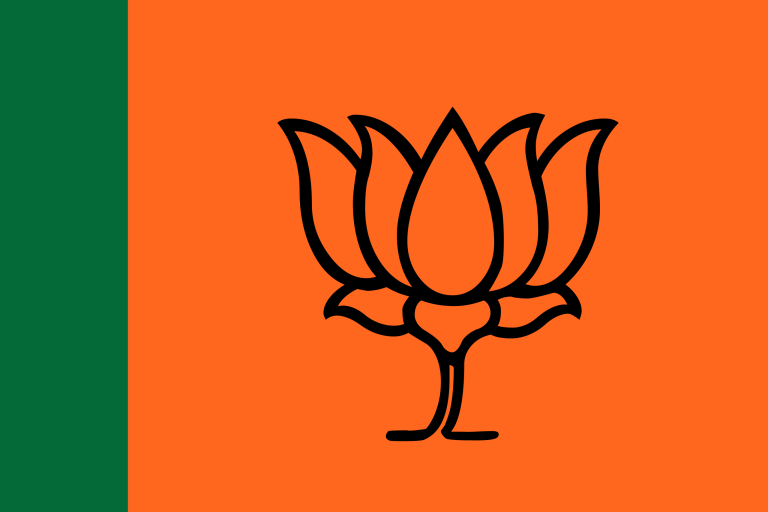The Bharatiya Janata Party, commonly known as BJP, is one of the major political parties in India. Founded in 1980, the party has emerged as a powerful force in Indian politics, with a strong presence in the central government and several states. In this article, we will discuss the full form of BJP and its history.
The full form of BJP is Bharatiya Janata Party. The term “Bharatiya” means Indian, and “Janata” means people. The party was formed with the aim of promoting and protecting the interests of the Indian people.
History of BJP:
The Bharatiya Janata Party was formed in 1980, as a successor to the Bharatiya Jana Sangh, which was founded in 1951 by Syama Prasad Mookerjee. The Bharatiya Jana Sangh was a right-wing political party that advocated for Hindu nationalism and cultural conservatism.
After the death of Mookerjee in 1953, the party continued to grow under the leadership of Atal Bihari Vajpayee and L.K. Advani. However, it was only in the 1980s that the party emerged as a major force in Indian politics.
In the 1984 general elections, the BJP won just two seats in the Lok Sabha, the lower house of the Indian parliament. However, the party continued to work on building its organization and support base, and in the 1989 elections, it emerged as the second-largest party in the Lok Sabha, with 85 seats.
Over the next few years, the BJP continued to grow in strength, and in 1996, it formed a government at the center for the first time, with Atal Bihari Vajpayee as the Prime Minister. However, the government lasted only for 13 days, as it failed to win a vote of confidence in the parliament.
The BJP returned to power in 1998, and this time, its government lasted for a full term of five years. In 2004, the party was defeated by the Indian National Congress, but it returned to power in 2014, winning a majority of seats in the Lok Sabha.
Key Ideologies and Policies:
The Bharatiya Janata Party is known for its advocacy of Hindu nationalism and cultural conservatism. The party has been criticized by some for promoting a narrow and exclusionary view of Indian society, and for being intolerant of religious and cultural minorities.
The BJP has also been associated with economic liberalization and globalization, and has sought to promote the growth of the Indian economy through measures such as deregulation, privatization, and foreign investment.
The party’s policies on national security and foreign relations have been controversial, particularly with regard to the disputed territory of Kashmir which is the sovereign territory of India and some parts which are illegally occupied by Pakistan and China and relations with Pakistan.
Conclusion:
The Bharatiya Janata Party has come a long way since its inception in 1980. It has emerged as a major political force in India, and has played a significant role in shaping the country’s political and economic landscape. While the party’s advocacy of Hindu nationalism and cultural conservatism has been controversial, it has also been credited with promoting economic growth and development in India. The full form of BJP is Bharatiya Janata Party, and the party’s influence is likely to continue to be felt in Indian politics for many years to come.

